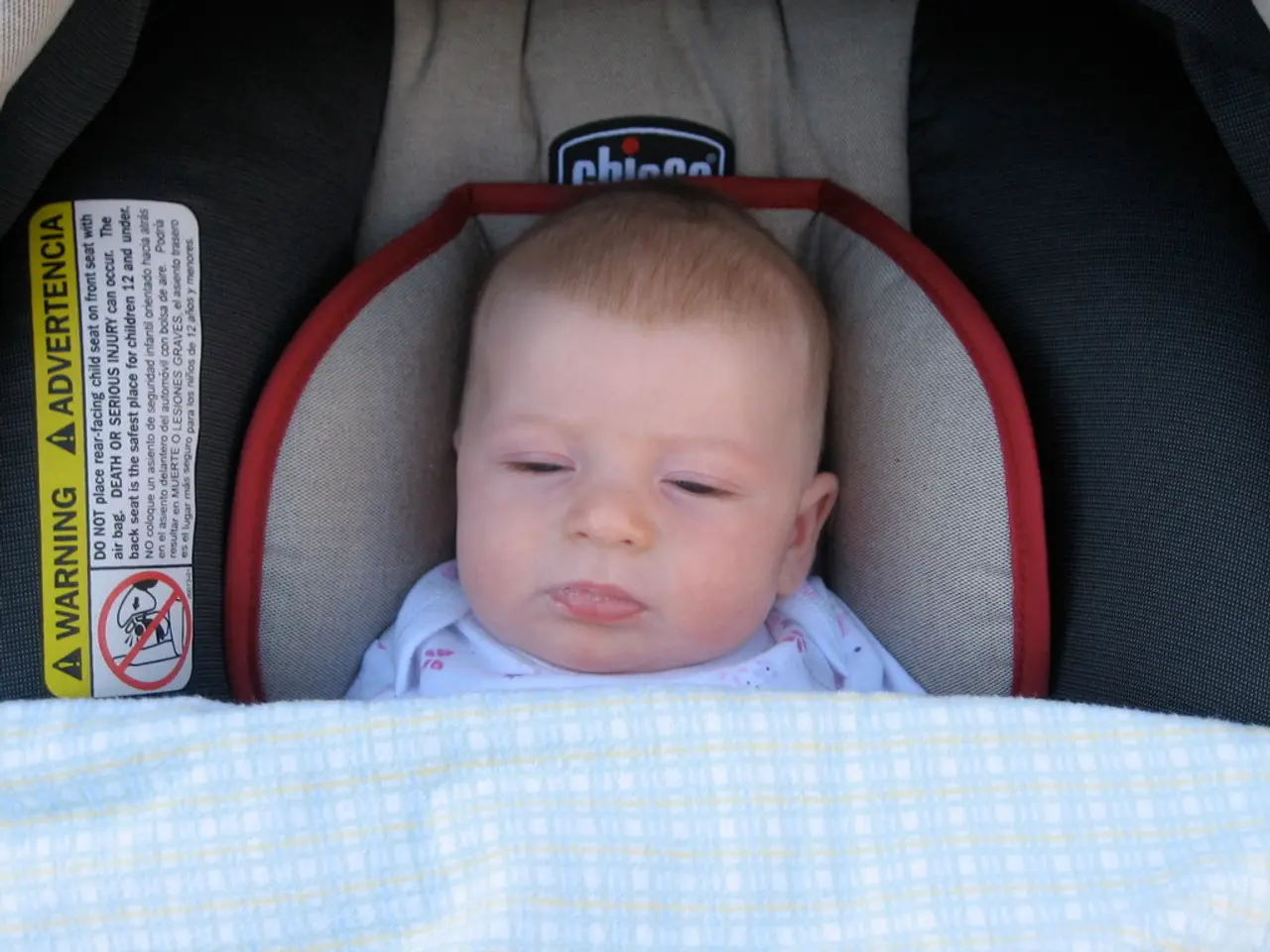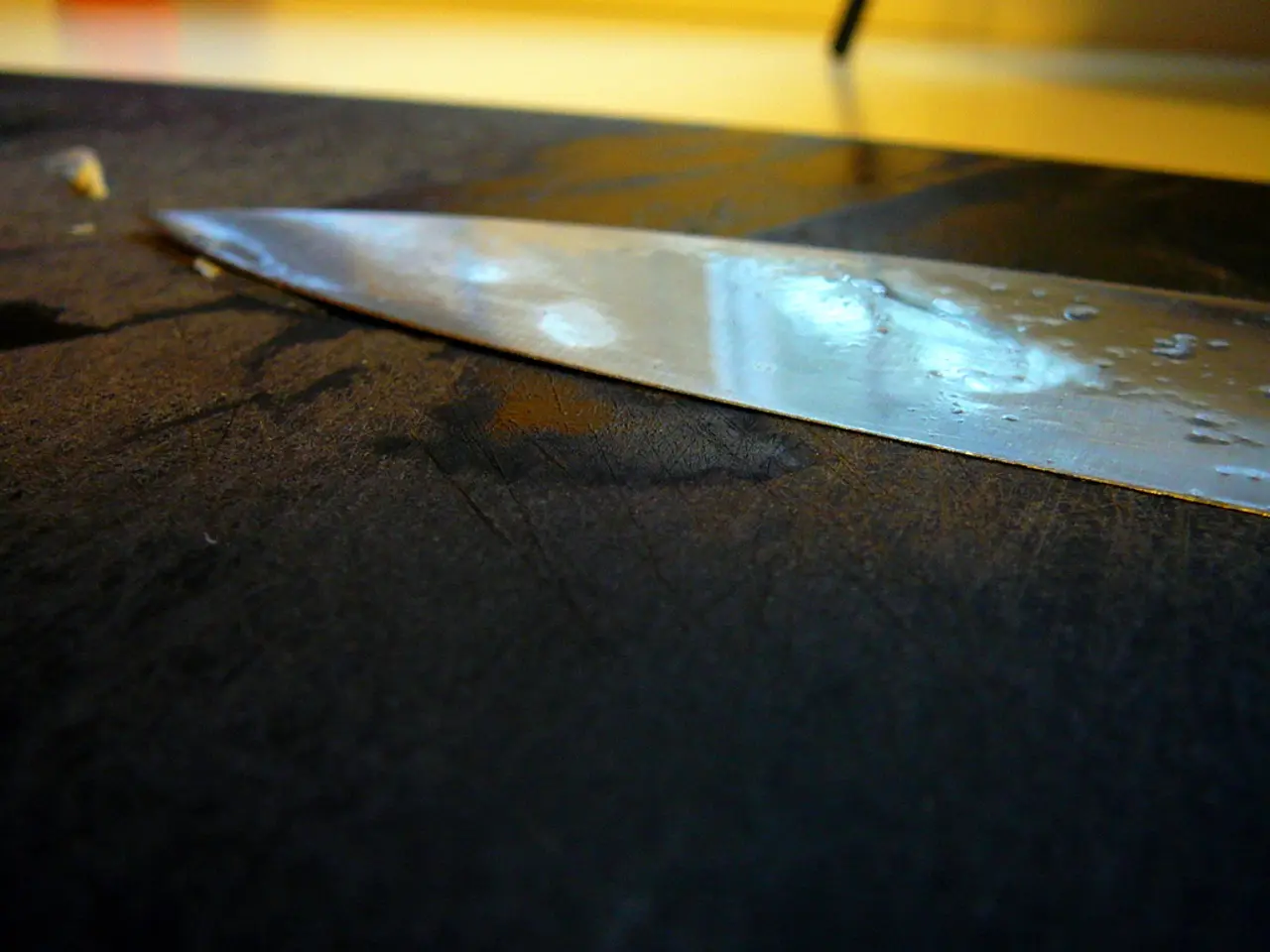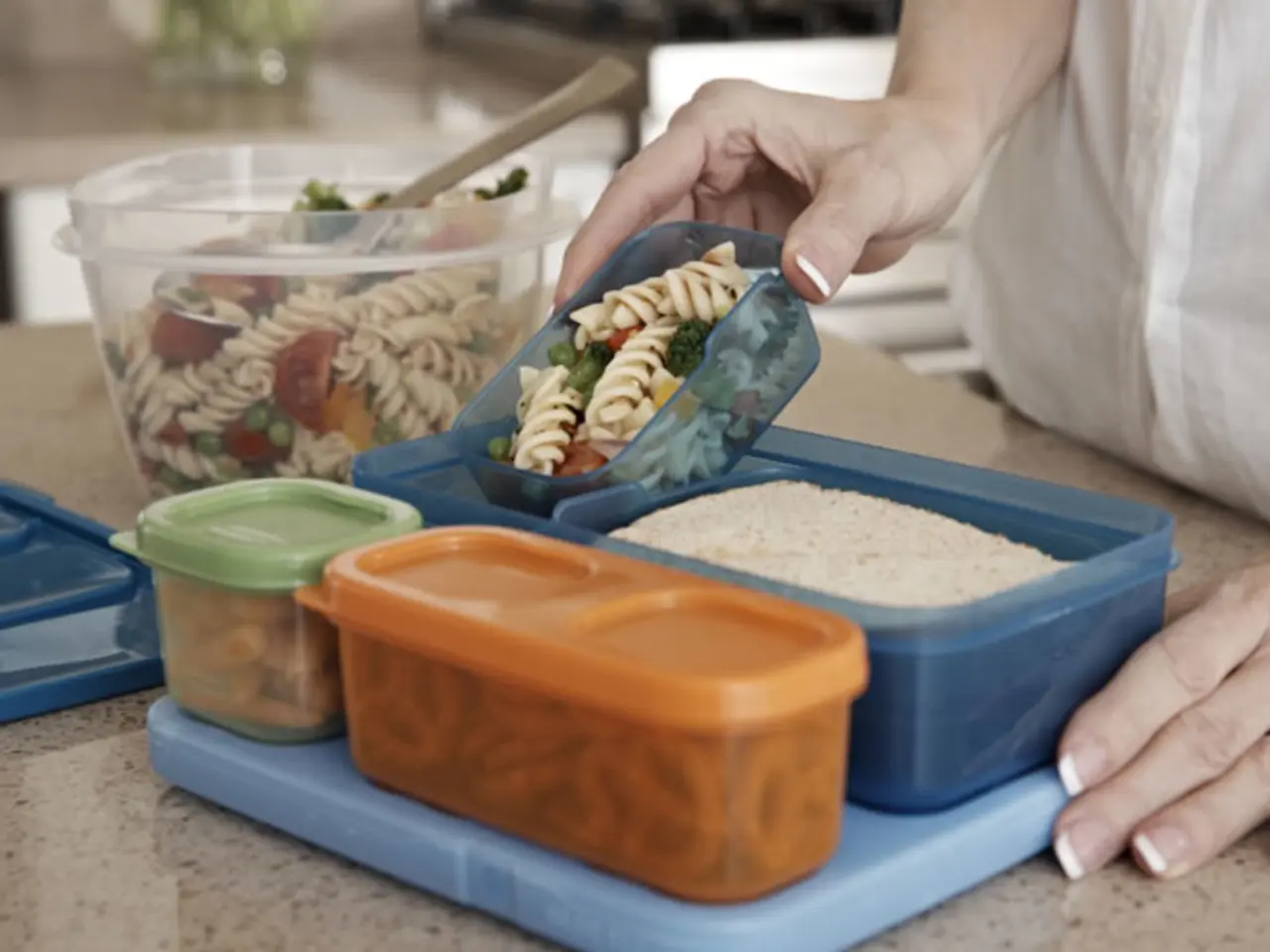Preventing Typical Infant Risks in Nigerian Households
In Nigerian households, ensuring the safety and well-being of infants and toddlers is of utmost importance. The unique environment presents a distinctive array of potential hazards, including unstable furniture, open electrical sockets, and unguarded staircases. However, by following practical strategies and tips, parents and caregivers can effectively reduce these hazards and create a safer environment for their little ones.
## Practical Strategies for a Hazard-Free Environment
### 1. Safe Sleeping Conditions Ensure the crib or bassinet is sturdy and meets safety standards. Use a firm mattress with a tight-fitting sheet. Avoid soft bedding, pillows, and toys in the crib or bassinet to prevent suffocation. Keep the baby in the same room for the first few months but not in the same bed.
### 2. Electrical Safety Keep electrical cords out of reach to prevent strangulation. Use plug covers to prevent electrical shock. Secure heavy appliances, like televisions and microwaves, to the wall to prevent tip-overs. Cover electrical outlets with safety caps, and use cordless window blinds or secure cords safely.
### 3. Fall Prevention Install gates at the tops and bottoms of stairs to prevent falls. Place soft flooring or mats around areas where the baby might fall. Secure furniture to the wall to prevent tip-overs.
### 4. Burn Prevention Keep hot surfaces and appliances, like stoves and electric kettles, out of reach. Use guards around fireplaces and radiators.
### 5. Poison Control Store harmful substances like cleaning supplies and medications in locked cabinets. Clearly label and store chemicals and medications out of reach. Use child-resistant caps on medications. Avoid pesticides or insecticides.
### 6. Rainy Season Precautions Use mosquito nets to prevent mosquito-borne diseases like malaria. Ensure water is stored in clean, covered containers to prevent waterborne diseases.
### 7. Maintain Hygiene Regularly clean surfaces and toys to prevent the spread of germs. Ensure everyone washes their hands frequently, especially before handling the baby.
### 8. Emergency Preparedness Keep a well-stocked first aid kit at home. Have emergency contact numbers readily available.
## Tips for Parents and Caregivers
- Stay informed about local health risks and safety guidelines. - Seek support from family, friends, or community groups for help in maintaining a safe environment. - Regularly check the environment for new hazards as the baby grows and becomes more mobile.
By following these strategies and tips, parents and caregivers can effectively reduce hazards and create a safer environment for babies in Nigerian households.
In the kitchen, using stove guards can help minimize potential electrical hazards. Securing cabinets and drawers with baby-proof locks is a vital step in preventing accidents. Keeping hot surfaces and appliances away from areas accessible to children is essential. Proper storage of cleaning products and chemicals is crucial.
In the bathroom, using anti-slip mats or stickers in the tub is essential. Never leaving the baby unattended in the bathtub. Keeping toiletries and small objects out of reach is important. Ensuring proper water temperature is essential.
The blog post aims to empower parents and guardians with valuable insights and actionable strategies to identify, mitigate, and eliminate potential hazards within Nigerian households. Always supervise your baby, especially in the kitchen and bathroom. Secure furniture and electrical appliances to prevent tip-overs or accidents. Keep hazardous materials and objects out of reach.
By implementing these practical strategies, parents and caregivers can help ensure the safety and well-being of their little ones in Nigerian households.
- To prevent suffocation, avoid placing soft bedding, pillows, and toys in a baby's crib or bassinet, and ensure the crib or bassinet is sturdy and meet safety standards.
- To prevent electrical shock and strangulation, keep electrical cords out of reach, use plug covers, secure heavy appliances to the wall, cover electrical outlets with safety caps, and use cordless window blinds or secure cords safely.
- To prevent falls, install gates at the tops and bottoms of stairs, place soft flooring or mats around areas where the baby might fall, and secure furniture to the wall.
- To prevent burns, keep hot surfaces and appliances like stoves and electric kettles out of reach, use guards around fireplaces and radiators.
- To prevent poisoning, store harmful substances like cleaning supplies and medications in locked cabinets, clearly label and store chemicals and medications out of reach, and use child-resistant caps on medications.
- During the rainy season, use mosquito nets to prevent mosquito-borne diseases and ensure water is stored in clean, covered containers to prevent waterborne diseases.
- To maintain hygiene, regularly clean surfaces and toys to prevent the spread of germs and ensure everyone washes their hands frequently, especially before handling the baby.
- For emergency preparedness, keep a well-stocked first aid kit at home and have emergency contact numbers readily available.
- To stay informed, regularly check local health risks and safety guidelines, seek support from family, friends, or community groups, and regularly check the environment for new hazards as the baby grows.
- In the kitchen, using stove guards, securing cabinets and drawers with baby-proof locks, keeping hot surfaces and appliances away from children, and properly storing cleaning products and chemicals are essential for preventing accidents.
- In the bathroom, using anti-slip mats or stickers in the tub, never leaving a baby unattended in the bathtub, and keeping toiletries and small objects out of reach are important for safety.
- By following these strategies and tips, parents and caregivers can effectively reduce hazards and create a safer environment for babies in Nigerian households.
- In addition to these strategies, regular supervision of the baby, especially in the kitchen and bathroom, is essential for safety.
- By securing furniture and electrical appliances, parents and caregivers can help prevent tip-overs or accidents in the home.
- Proper storage of hazardous materials and objects out of reach can help prevent accidents and injuries in Nigerian households.
- The blog post aims to equip parents and guardians with valuable insights and practical strategies for identifying, mitigating, and eliminating potential hazards in Nigerian households.
- By implementing these practical strategies, parents and caregivers can help ensure the safety and well-being of their little ones in Nigerian households.




